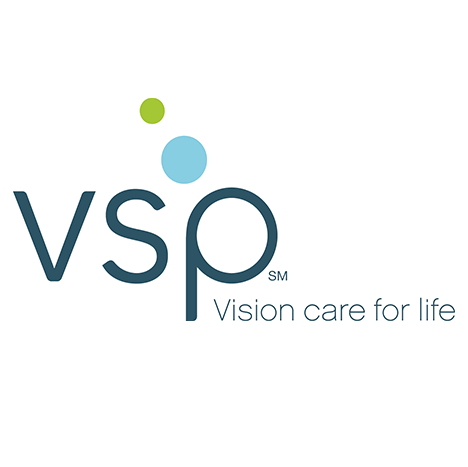Blog
Oakley Prizm: See What You've Been Missing
Introducing the most advanced lens technology yet, Oakley Prizm. See what you’ve been missing.
Daytona Animation Video
Animated overview of Daytona and the benefits of ultra-widefield retinal imaging.
Optos Daytona
The next generation of Optos technology, Daytona, provides ultra-high resolution imaging with ultra-widefield autofluorescence capabilities.





